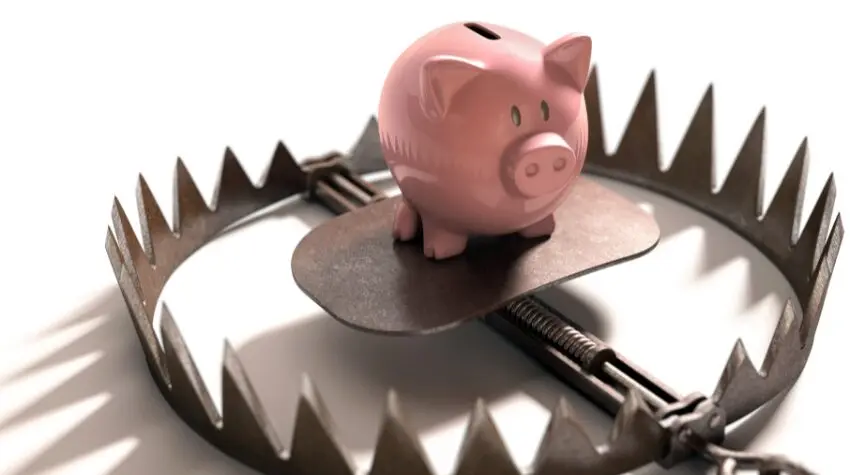
Have you noticed that despite earning more, your money seems to stretch less than it used to?
This phenomenon, known as lifestyle inflation, could be impacting your financial health more than you realize.
Lifestyle inflation refers to the gradual increase in a person’s expenses as their income grows.
Instead of using that extra income to save, invest, or pay off debt, many people tend to upgrade their lifestyle—moving to more expensive homes, buying new cars, dining out more often, or investing in the latest technology.
While this behavior might seem natural—“I work harder, I deserve more”—the truth is that it can become a silent financial trap, holding back long-term wealth building and causing stress over time.
How Can You Recognize It?
It’s easy to fall into lifestyle inflation without realizing it. Here are a few examples and warning signs:
- Your income has increased, but your savings account has stayed the same (or gotten worse).
- Things you used to see as luxuries now feel like “needs.”
- Your spending goes up every time you get a raise or a bonus.
- You take on debt to maintain certain “tastes” or lifestyle standards.
The key is to observe whether your expenses have increased at the same pace—or faster—than your income, and whether that’s prevented you from reaching your financial goals.
What Are the Consequences?
- Reduced savings capacity: Money that could be set aside for the future gets lost in present-day spending, which often offers only short-term satisfaction.
- Increased debt: Not only are you not saving, but it also becomes easier to justify using credit cards or loans to “keep up” with your lifestyle.
- Stress and social pressure: Trying to maintain a certain image of success or constantly comparing yourself to others can lead to chronic financial anxiety.
In the long run, this can mean that someone with a good salary lives under the same—or even greater—financial pressure than when they earned much less.
So, How Can You Avoid This Trap?
- Practice Mindful Budgeting
Practicing mindful budgeting involves tracking your expenses realistically and setting clear limits.
Start by reviewing your spending habits and categorizing your expenses: what is essential, and what is optional?
Use tools like spreadsheets and budgeting apps like Money Manager.
You can also implement the 50/30/20 rule, which suggests allocating 50% of your income to needs, 30% to wants, and 20% to savings and financial goals.
This approach helps you balance what you truly need with what you desire, allowing for a healthy financial future.
- Set Financial Goals
Having clear financial goals is essential for guiding your spending decisions.
Whether it’s buying a home, investing for the future, or retiring early, defining specific objectives allows you to prioritize your money and resist impulsive spending.
Break each goal down into achievable steps and allocate a specific budget for each, motivating you to stay on track and focused.
- Practice Gratitude and Minimalism
Valuing what you already have can help you feel satisfied without the need to spend more.
Often, less is more. Adopt a minimalist mindset and place value on experiences over material possessions
Before making a purchase or going out, ask yourself if that expense truly adds value to your life or merely satisfies a fleeting desire. This reflection can lead to more conscious and meaningful decisions.
- Avoid Unnecessary Comparisons
Social media and societal pressure can push you to make unhealthy financial choices. Instead of comparing yourself to others, focus on your own path and personal goals.
Remember that on social media, people tend to showcase their best selves, not their complete reality.
Practicing self-acceptance and gratitude for your achievements will help you maintain a healthy perspective on your finances.
Where to Start?
- Make an honest review of your monthly expenses.
- Set a clear savings goal.
- Ask yourself: Does this expense bring me closer to or further from my goals?
Fighting lifestyle inflation doesn’t mean living under extreme restrictions—it means making decisions that align better with your long-term financial wellbeing.
Final Thoughts
Lifestyle inflation is one of those traps that feels harmless but, over time, can prevent someone from achieving financial stability and freedom.
Are you spending more simply because you can? Or because you truly need to?
Taking a moment to reflect on your spending habits might be the first step toward regaining control of your finances.








